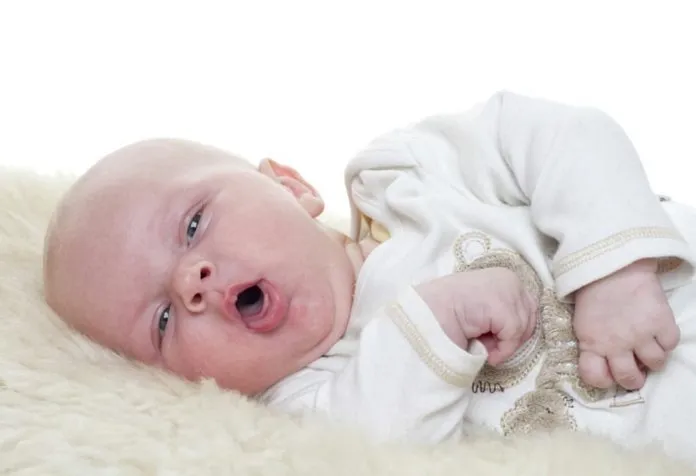How To Treat Cough And Cold In Babies
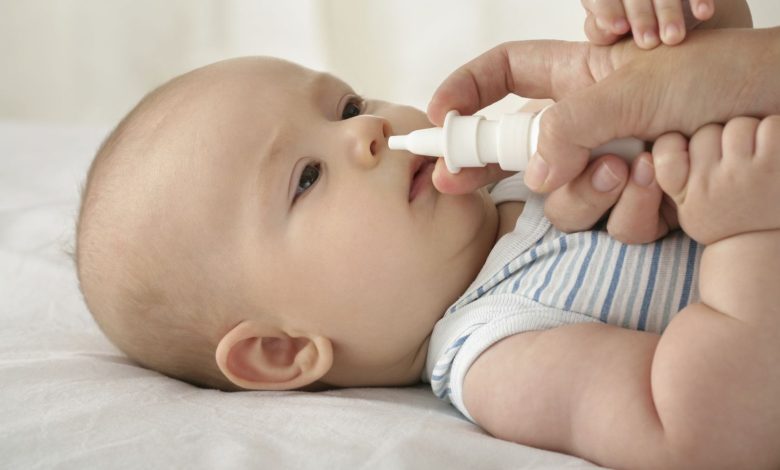
Introduction:
If you have a cough or cold, you can reach for over-the-counter medications to relieve your symptoms. But you can’t do that with babies or toddlers. Cough and cold medicines that are safe for adults can cause serious – even life-threatening – side effects in children under 2 years old.
If your baby or toddler has a runny nose or cough, try these remedies: All of them are drug-free and safe for the smallest patients:
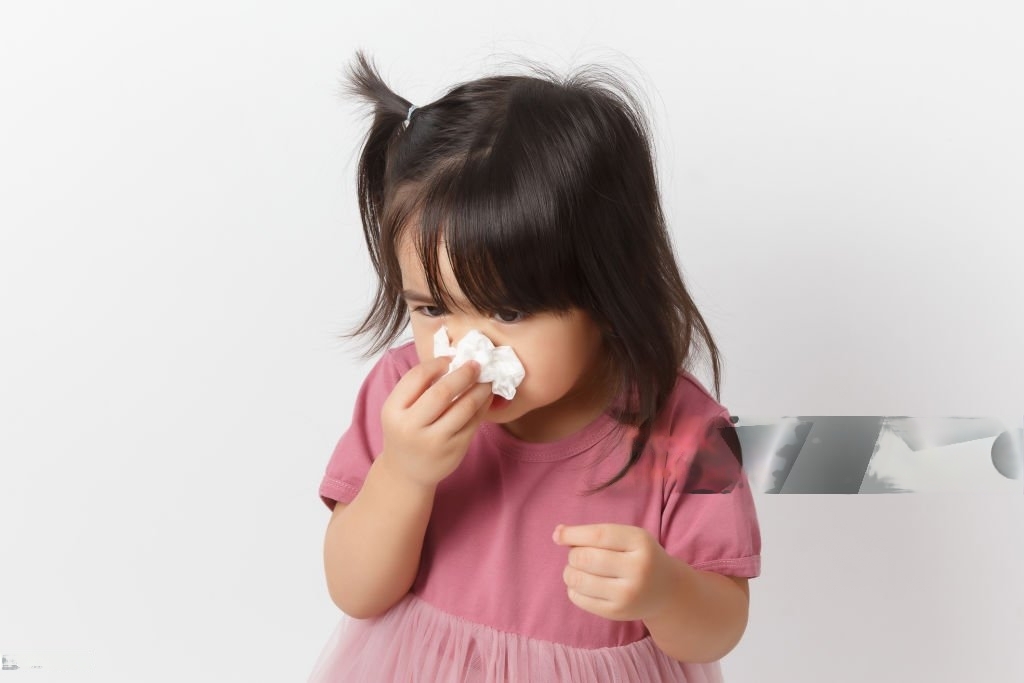
7 cold remedies for a cough and blocked nose.
- Try using drops of salt
If your child has a stuffy nose, they may have trouble breathing, sleeping, or eating. Saline nasal sprays can thin the mucus in the nose and narrow the swollen airways. Use 2-3 times a day. Your nose may hurt. You can use saline nasal gel to relieve stuffy nose. Saline solution can help make it easier for you to open your baby’s nose. For babies, try using a pacifier or nasal aspirator. If your child can blow their nose with help, give it a try.
- Increase your hydration
If your child is sick, give him more water than usual. Lots of fluids will thin the mucus so your nose doesn’t get blocked, making it easier to cough.
Most drinks are fine, including water, juice and milk. Warm drinks, such as chicken soup or apple juice, can relieve a sore throat. It should be warm, not hot, not hot. You may also be given oral rewarming medications, such as Pedialyte or popsicles. Children under six months should drink only breast milk or formula, not water or liquids. However, you may need to give more milk than usual for a cough or cold.
- Give a Little Honey
Soothes throat pain and relieves coughing. It may be better for children than over-the-counter cough medicines. Give your child 1/2 teaspoon of honey at bedtime. However, it should never be given to children under 1 year of age. They will be very sick.
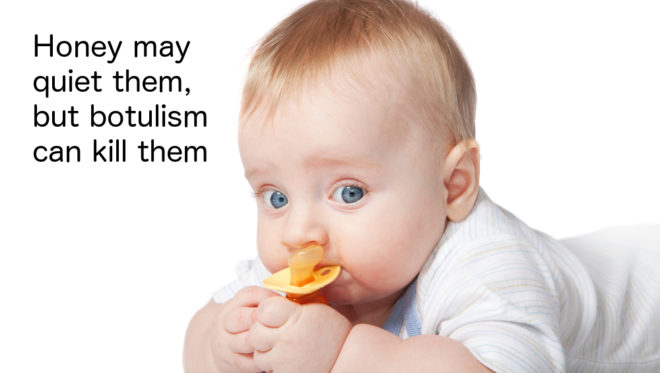
- Use A Humidifier
Moist air makes breathing easier, so run a heater in your child’s room at night. Cold fog models are safer than fog producing models.
- Lower Fever
Some coughing and sneezing may accompany a low-grade fever. If your baby or child has a fever, follow these steps:
- Babies under 1 month: contact your pediatrician. Fever is not common.
- Babies under 3 months: Call your doctor for advice.
- Infants 3 to 6 months: Administer acetaminophen every 4 to 6 hours as needed. Be sure to follow the dosing instructions and use only the syringe provided with the medication, not the household spoon.
- Infants and toddlers 6 months and older: Give acetaminophen every 4 to 6 hours or ibuprofen every 6 to 8 hours. Donand never gives two medicines at the same time.
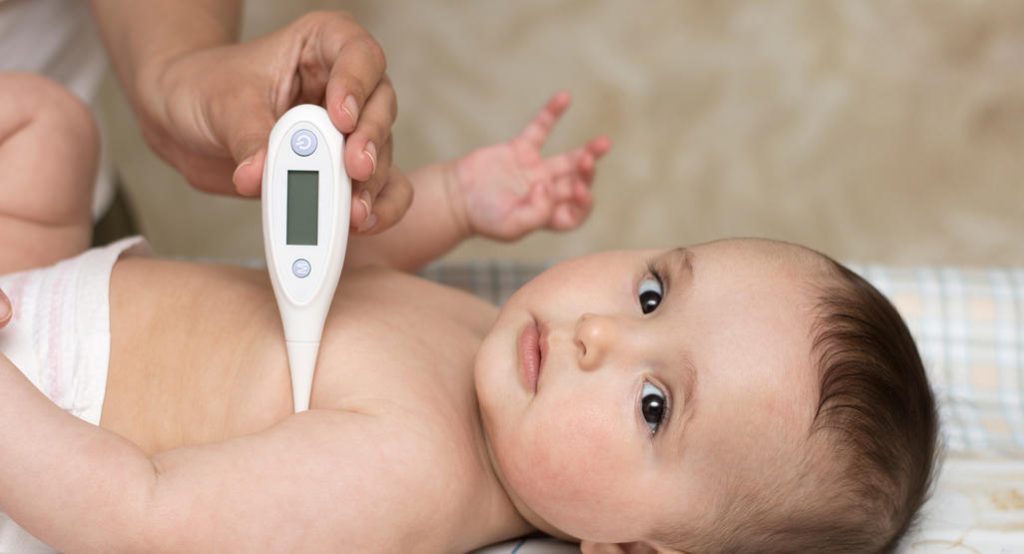
- Serve Easy-to-Swallow Foods
Babies with sore throats often refuse to eat because it hurts to swallow. Eat foods that are easier to digest. Babies and toddlers who eat solid foods may prefer soft, bland foods. Try ice cream, popsicles, sweet gelatin, pudding, yogurt, or applesauce. If you want something hot, try the chicken soup or the fresh pudding. Babies under 6 months should continue to receive breast milk or formula.
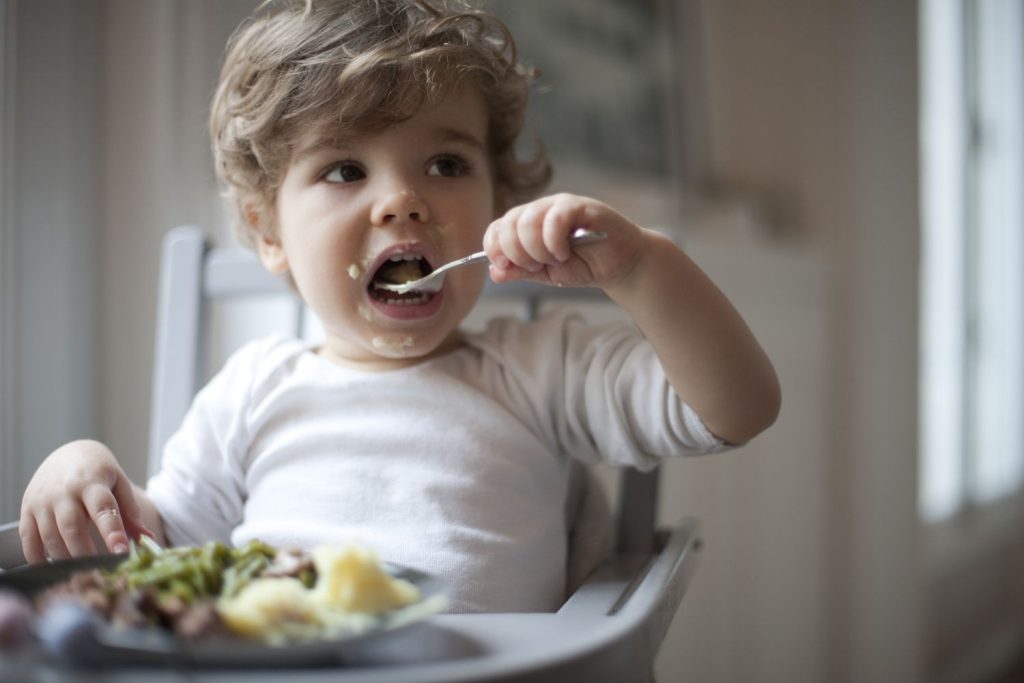
- Antibiotics
Antibiotics are used to treat bacterial infections. Since most coughs are caused by cold viruses, antibiotics won’t help your child get better faster.
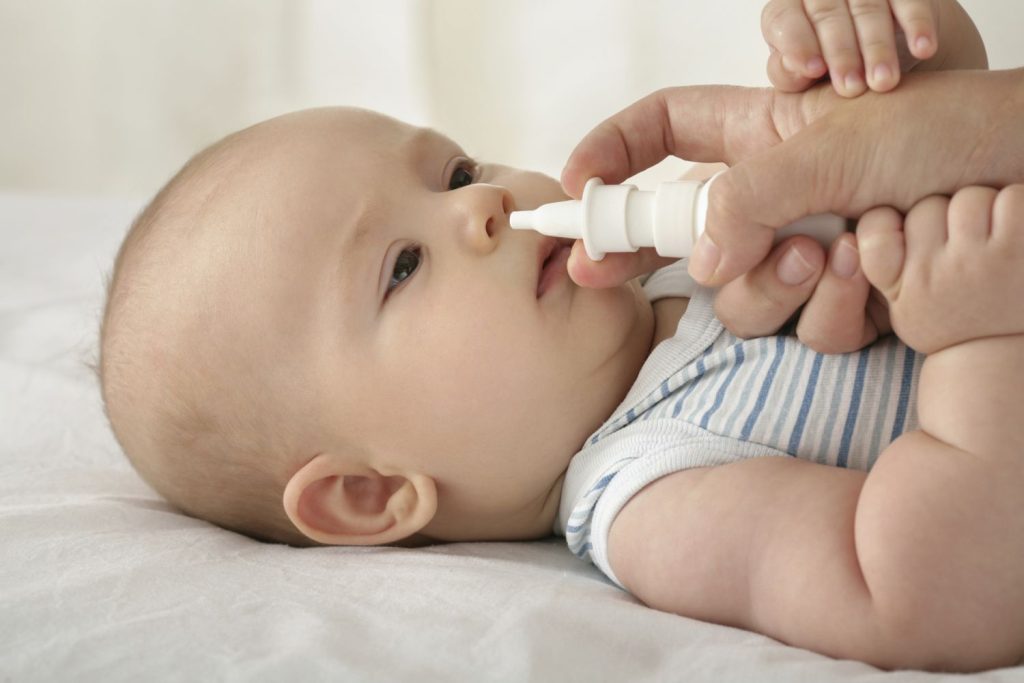
What are the problems associated with cough and cold?
Most coughs and sneezes do not require treatment and will go away quickly and without complications. Sometimes your child can get a bacterial infection after catching a cold virus. Bacterial infections require treatment with antibiotics.
CONCLUSION:
Humid air can improve the symptoms of a stuffy nose and runny nose. Honey can help with nocturnal cough in children older than 12 months. Caregivers should encourage their children to drink plenty of water. No need to drink more water.
What makes a baby cough go away?
Most coughs will go away on their own, but in the meantime, you may wish to try the following to help your child feel more comfortable: Offer more fluids to keep the airways moist and your child well hydrated. Turn on a cool mist humidifier, especially if the air in your home is very dry.
What is good for baby cough?
Keep baby hydrated so her secretions don’t dry up and become difficult to clear when she coughs. Breastfeed or formula feed younger babies often and give plenty of water or unsweetened juice to older ones to help keep throat and nasal passages moisturized and clear. Try using a gentle nasal mist to help with breathing.
Which food is good for cold and cough for babies?
Pomegranate juice, curd rice, ginger, broccoli, etc., are perfect for children during colds and coughs.
